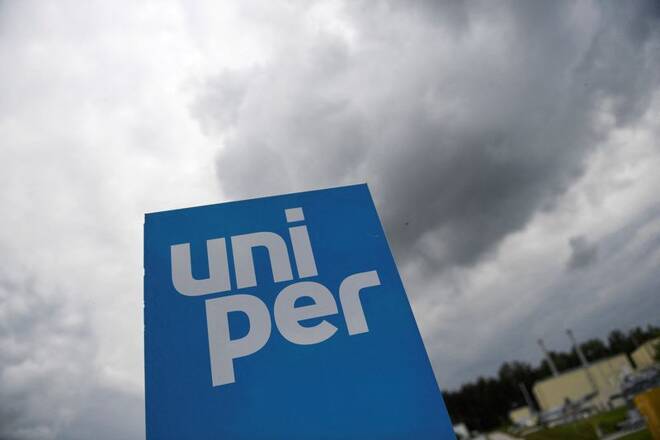Advertisement
Advertisement
Uniper bailout preferred over higher prices for customers – German govt sources
By:
BERLIN (Reuters) - The German government would prefer to bail out Uniper but any rescue will for the foreseeable future avoid passing higher gas prices on to customers, government sources said on Monday.
BERLIN (Reuters) -The German government would rather rescue energy suppliers such as Uniper than pass high gas prices on to consumers immediately, government sources said on Monday.
The government is not planning to trigger a clause allowing gas companies to pass prices on to consumers. Nor, for the foreseeable future, will it implement a levy that would make gas more expensive for everyone, the sources told Reuters.
Companies like Uniper, Germany’s largest importer of Russian gas, are being squeezed because they can’t pass on the prices they pay for gas on to customers with long-running contracts.
The government believes Uniper is the only candidate that may have to be saved, according to the sources, which is why Berlin is leaning towards a bailout over passing on prices.
There are various options for the form a state bailout could take, the sources told Reuters, but it is conceivable that any measure could be combined with a possible capital injection.
Uniper, which is suffering from dwindling supplies, is currently in talks with the government on support measures.
(Reporting by Andreas Rinke, Writing by Miranda Murray, Editing by Thomas Escritt and Matthias Williams)
About the Author
Reuterscontributor
Reuters, the news and media division of Thomson Reuters, is the world’s largest international multimedia news provider reaching more than one billion people every day. Reuters provides trusted business, financial, national, and international news to professionals via Thomson Reuters desktops, the world's media organizations, and directly to consumers at Reuters.com and via Reuters TV. Learn more about Thomson Reuters products:
Advertisement
